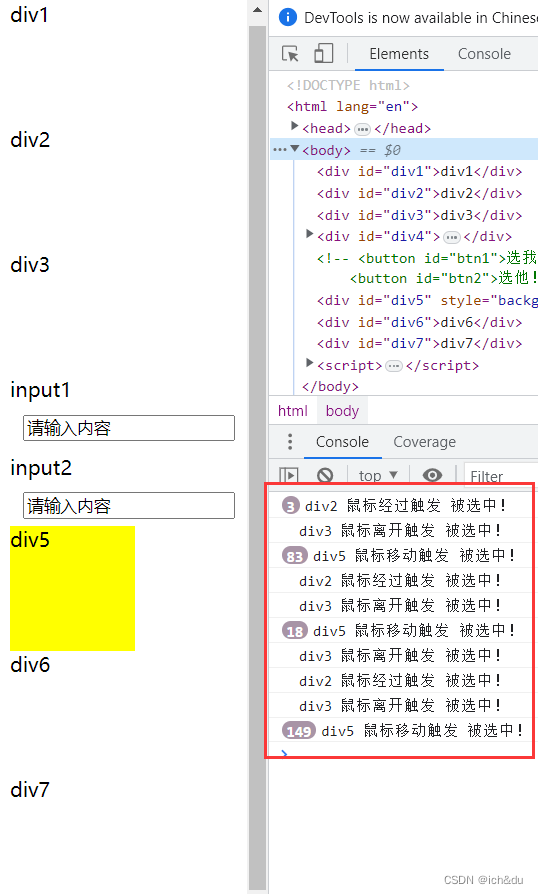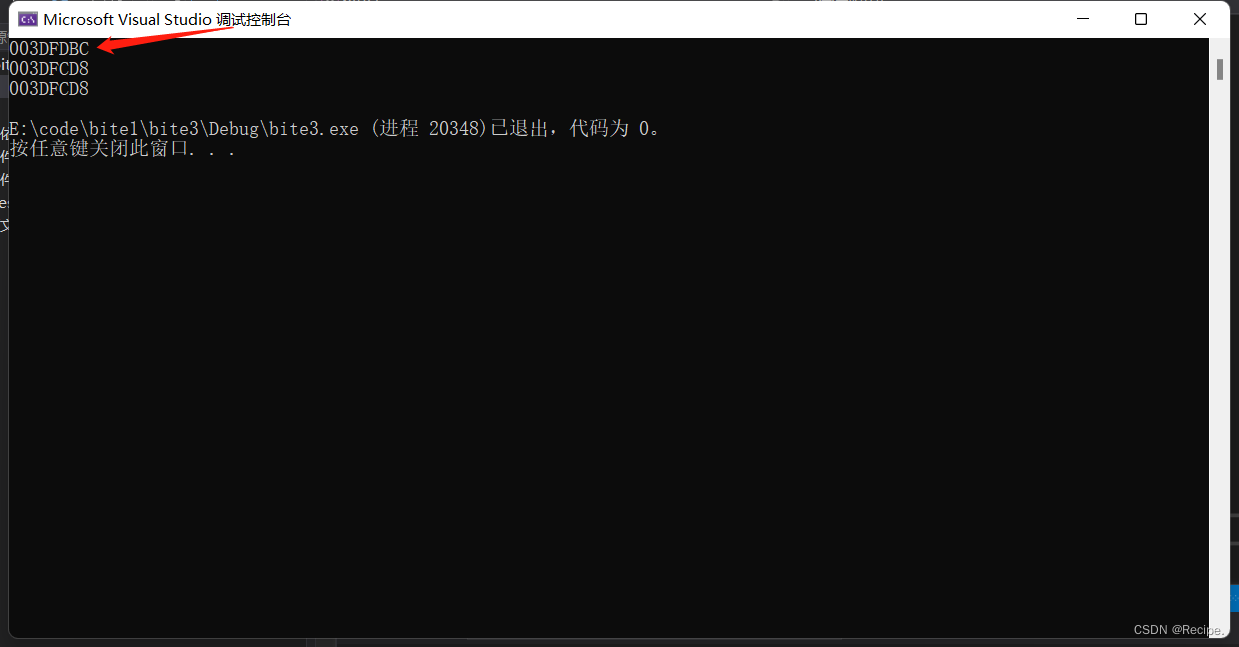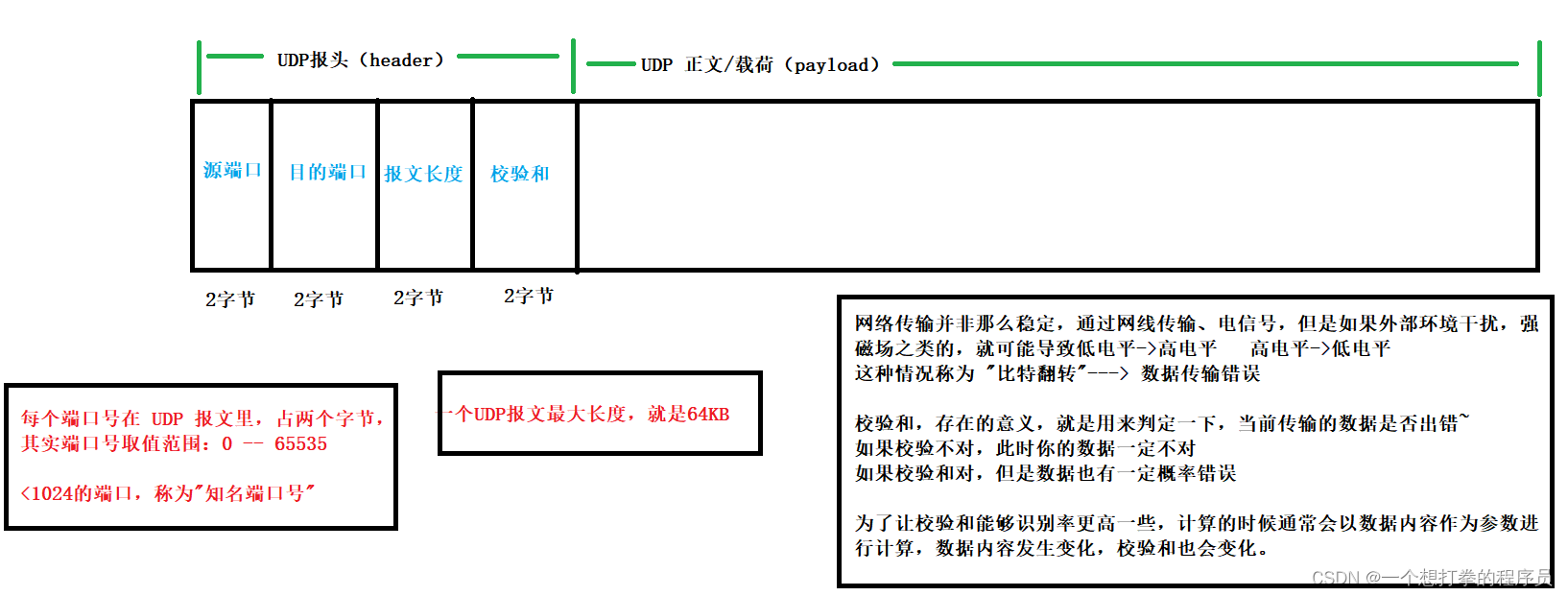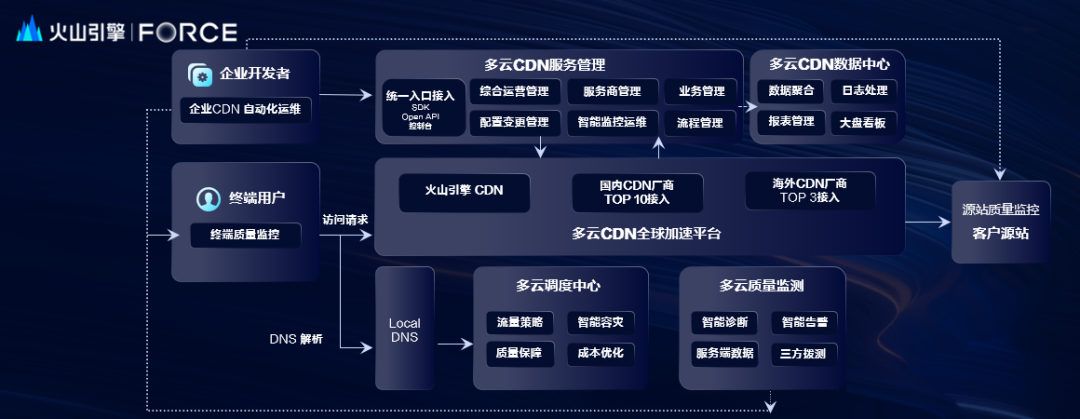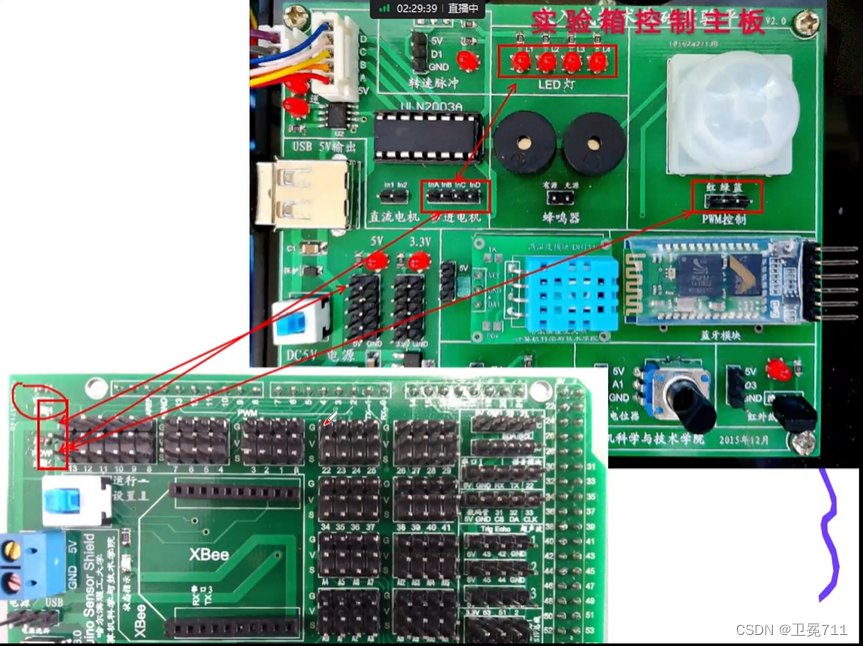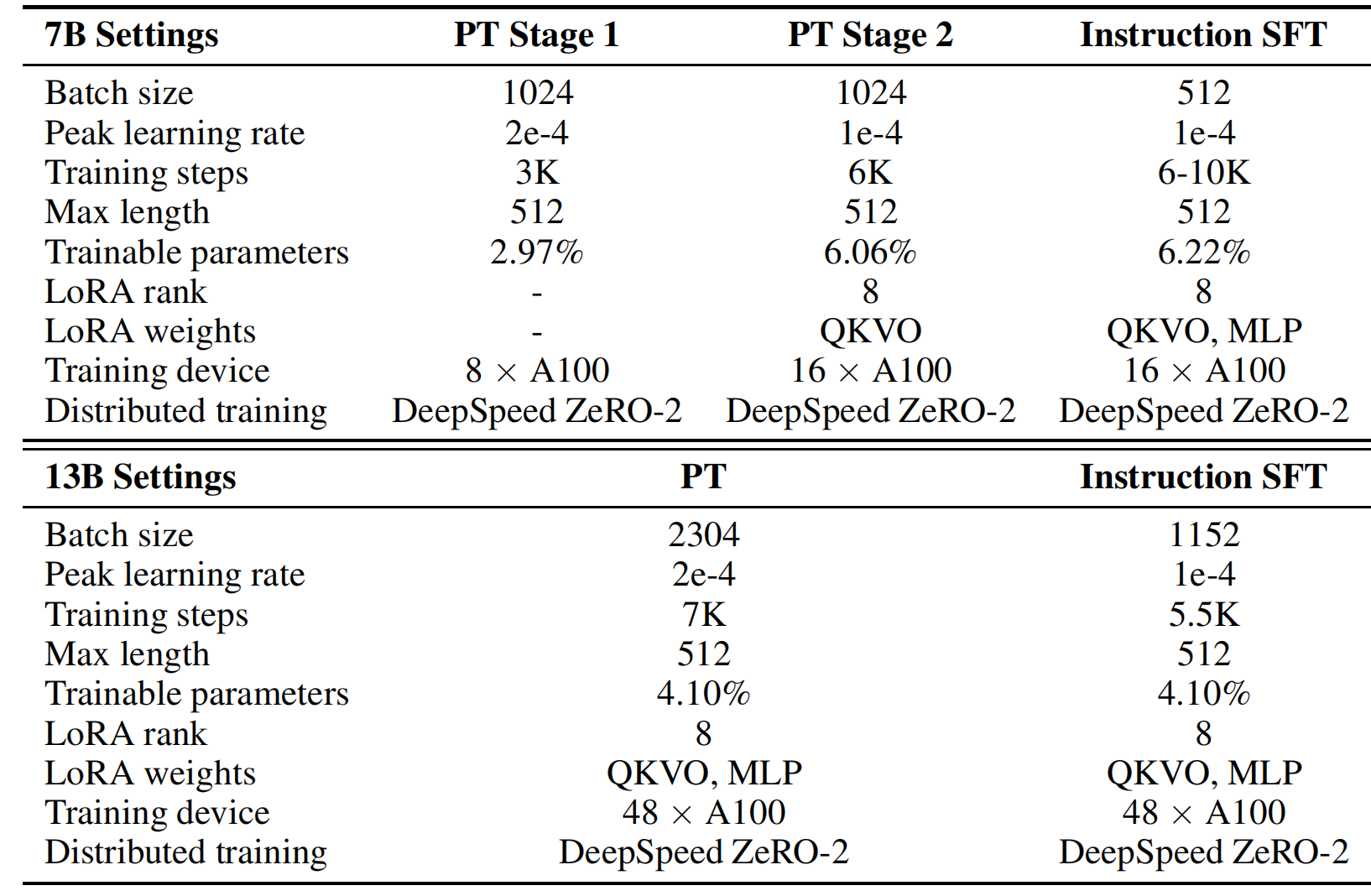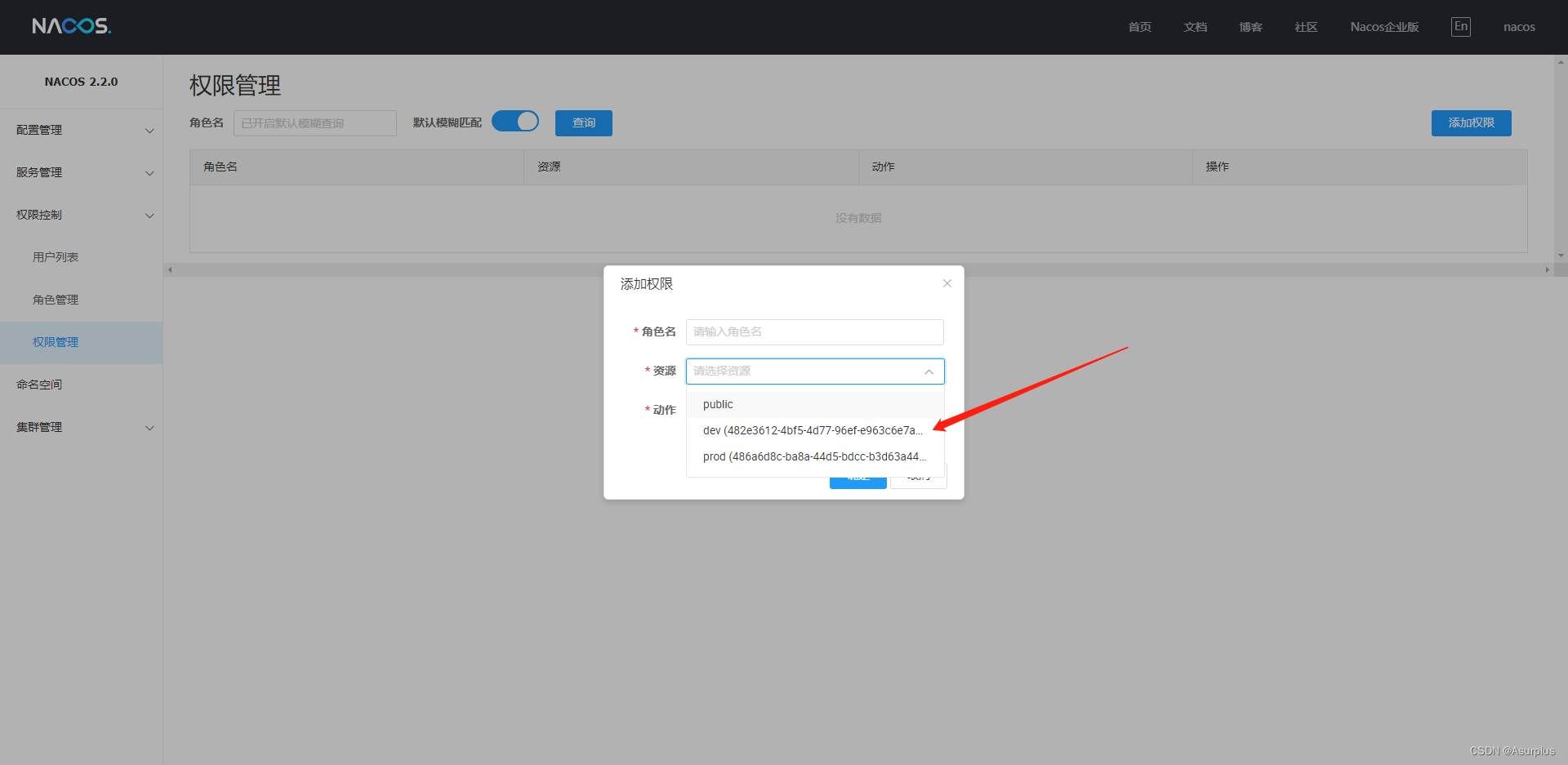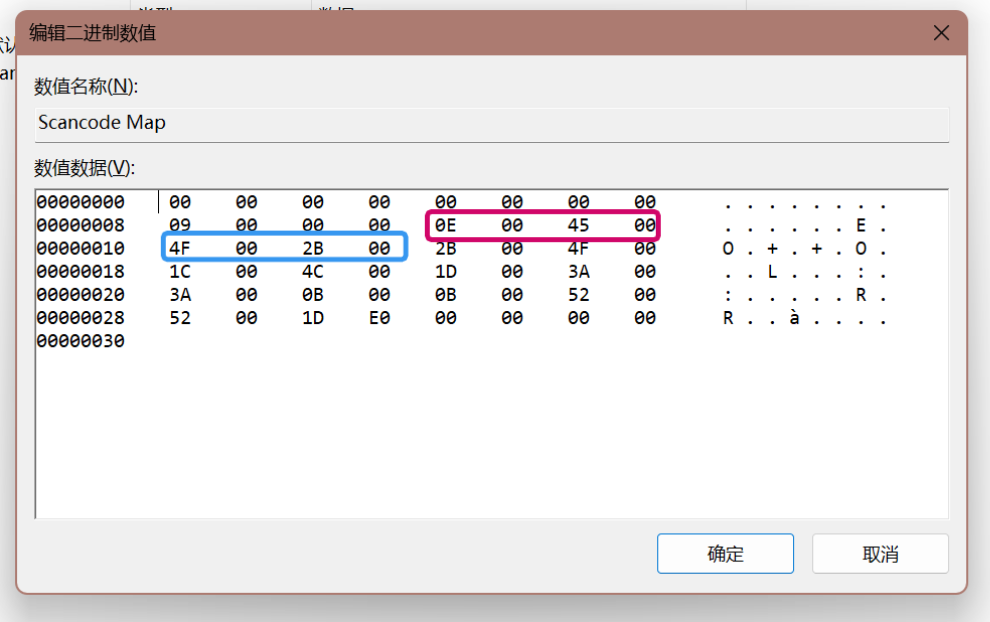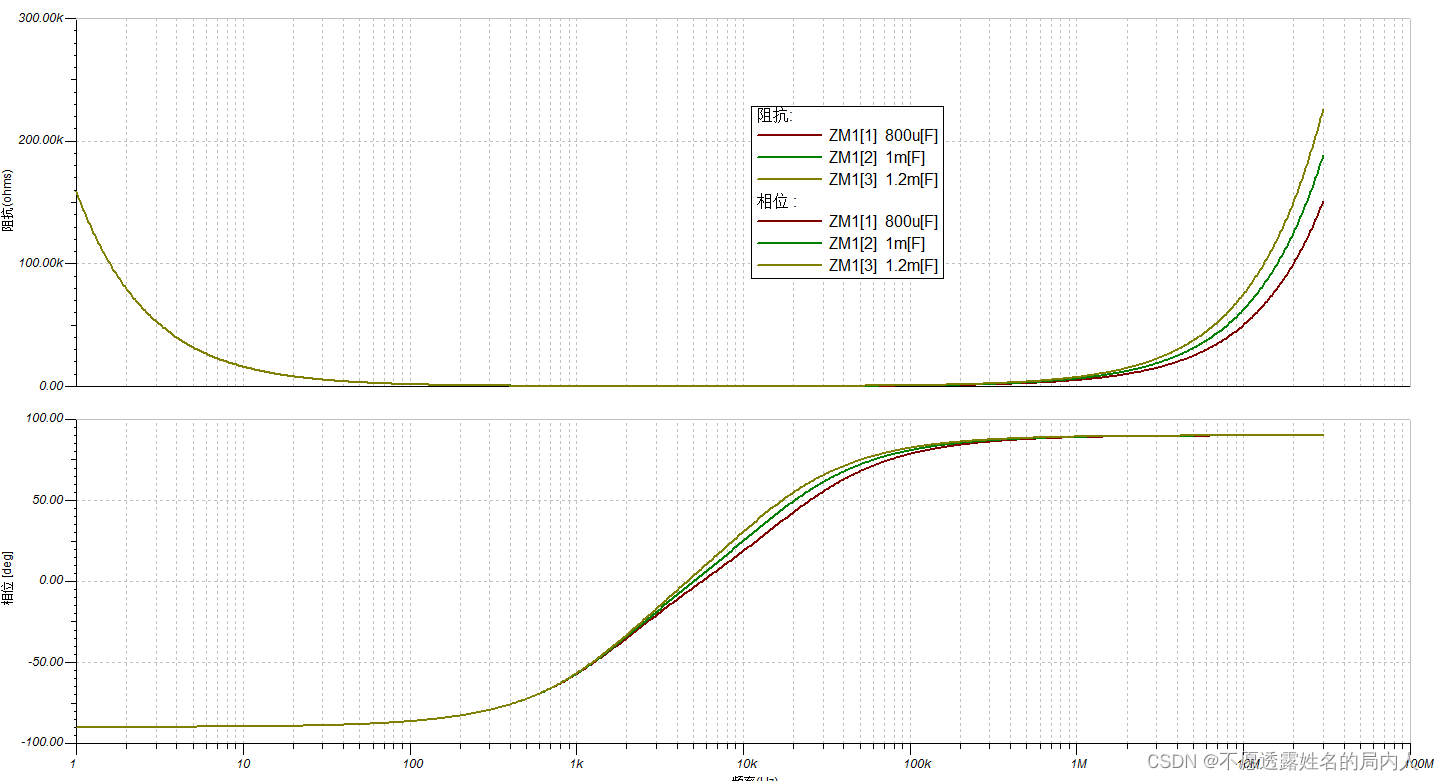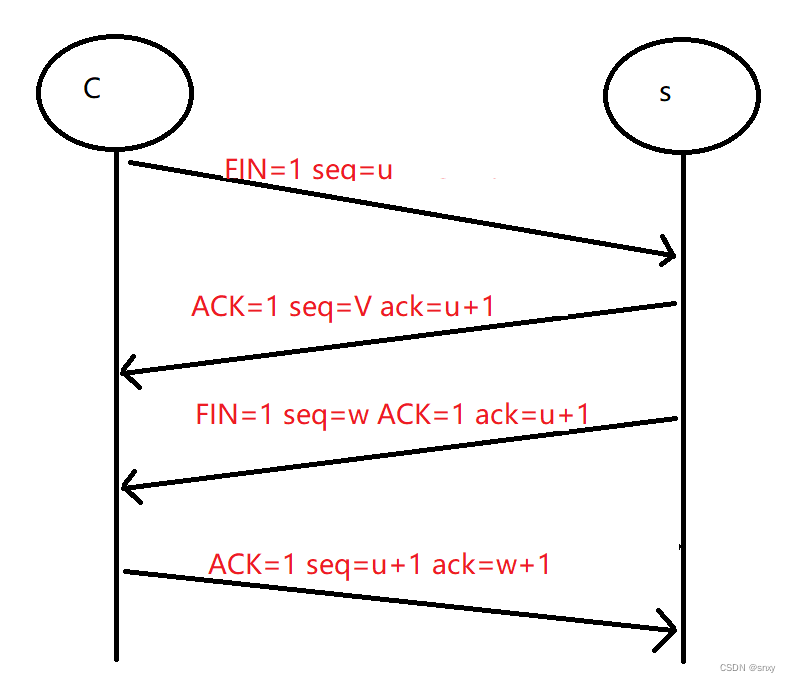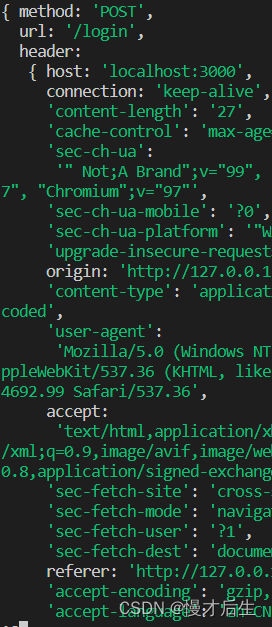目录
成员变量和函数的存储
this指针
this指针的工作原理
this指针的应用
const修饰的成员函数
友元
友元的语法
1.普通全局函数成为类的友元
2.类的某个成员函数作为另一个类的友元
整个类作为另一个类的友元
运算符重载
1 运算符重载的基本概念
2 重载加号运算符
3 重载左移运算符和算符重载碰上友元函数
可以重载的运算符
成员变量和函数的存储
c++实现了封装,数据和数据处理的操作是分开存储的,c++中非静态数据成员直接内含在类对象中,成员函数虽然内含在class声明之内,却不在对象之中。每一个非内联函数只会诞生一份函数实例。

我们可以用sizeof来测量一个类的大小理解它的空间是如何计算的:
但是我们要知道sizeof测的是这个类将来实例化对象后,为对象开辟的空间大小。
#include<iostream>
using namespace std;
class test0
{
public:
int a;
};
class test1
{
int a;
static int b;
};
class test2
{
int a;
static int b;
void printtest()
{
cout << "hello world" << endl;
}
};
class test3
{
};
class test4//综合计算
{
public:
int a=0;//普通的成员变量
static int b;//静态成员不存在类实例化的对象中
void show()//普通成员函数不存在类实例化的对象中
{
cout << a << " " << b << endl;
}
static void show1()//静态成员函数 不存在类实例化的对象中
{
cout << b << endl;
}
};
int test4::b = 1;
void test01()
{
test4 p;
p.show();
//空类的大小不是0 而是1
cout << sizeof(test0) << endl;
cout << sizeof(test1) << endl;
cout << sizeof(test2) << endl;
cout << sizeof(test3) << endl;
cout << sizeof(test4) << endl;
cout << sizeof(p) << endl;
}
int main()
{
test01();
}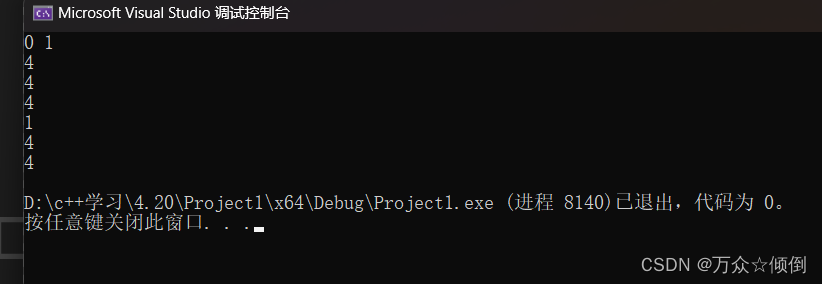
故对于类对象成员中空间的占用为:
变量:
this指针
通过上述我们知道。c++的数据和操作其实是分开的存储,并且每一个非内联成员函数指挥诞生一份函数实例,也就是多个同类型的对象会共用一块代码,问题是这一快代码是如何区分那个对象在调用该函数,这里会引入this指针(一个对象指针),来决定调用。
this指针的工作原理
class num
{
public:
int ma;
void seta(int x)
{
ma = x;
cout << ma << endl;
}
};
int main()
{
num s1;
s1.seta(20);
num s2;
num s3;
}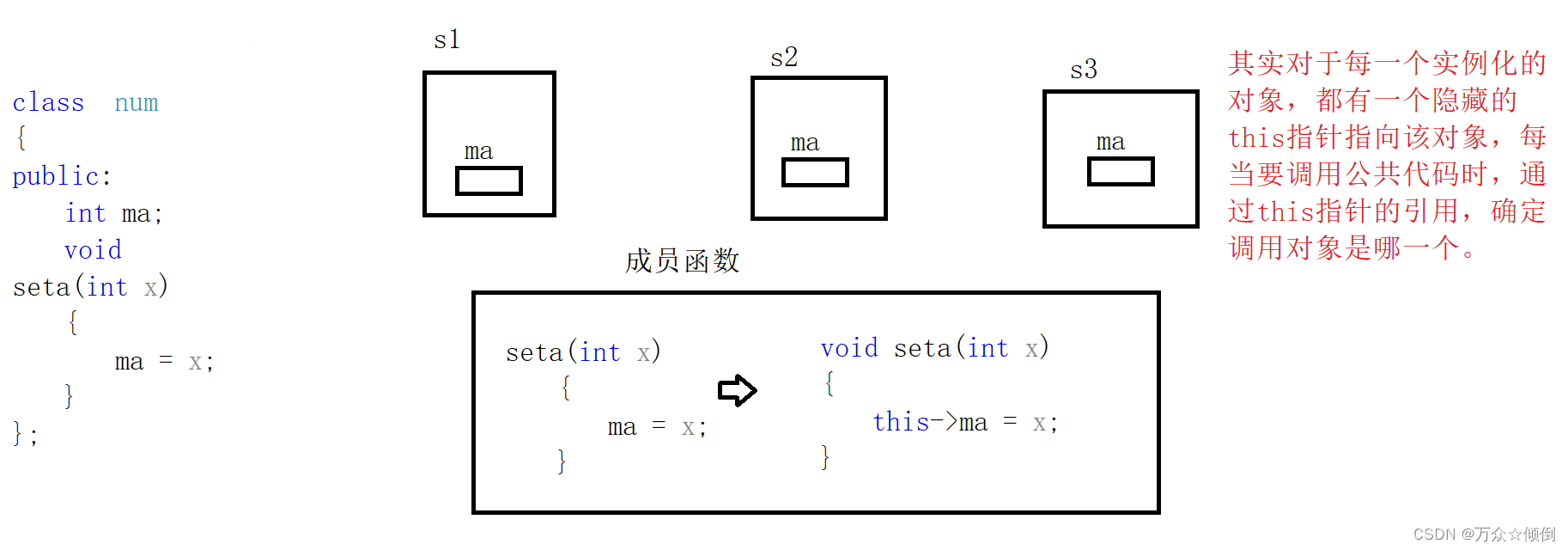
this指针是实例化对象后编译器就有的,调用的时候也是编译器的自动调用,适隐藏的功能。
对于成员函数,就是通过this指针解决是哪一个对象调用的问题,this指针无需定义,可以直接使用。对于静态函数成员是不存在this指针的,静态成员函数是不能操作非静态变量的。
this指针的应用
class person
{
public:
person(int age, string name)// this
{
this-> age = age;
this-> name = name;
}
void show()
{
cout << age << " " << name << endl;
}
person person_add(person & p2)//this ‐‐‐‐‐‐> p1 函数类型为类的函数
{
person p(this-> age + p2.age, this-> name + p2.name);//"helloworld"
return p;//返回调用该成员函数的对象地址,即this指针
}
int age;
string name;
};
person person_add(person & p1, person & p2)
{
person p(p1.age + p2.age, p1.name + p2.name);//"helloworld"
return p;
}
void test02()
{
person p1(10, "hello");
person p2(20, "world");
//p3 = p1 + p2 30,"helloworld"
//person p3 = person_add(p1,p2);
//p3.show();
person p3 = p1.person_add(p2);
p3.show();
}
void test01()
{
person p1(10, "lucy");
p1.show();
}
int main()
{
test02();
return 0;
}可以看到我们可以通过函数返回this指针来使用某个实例化的对象。对象调用函数,函数返回this指针。
const修饰的成员函数
用const修饰成员函数时,const修饰this指针指向的内存区域,即该指针只读,对象内部不可被修改,即类中的任何普通成员变量不可被修改。成员函数体内不可以修改本类中的任何普通成员变量,当成员变量类型符前用mutable修饰时例外。
person person_add(person & p2)const//const person * const this ‐‐‐‐‐‐> p
{
//this‐>age = 200;
person p(this‐ > age + p2.age, this‐ > name + p2.name);//"helloworld"
return p;
}友元
友元的语法
使用friend关键字声明友元,friend只要出现在声明处,一个函数或者类作为另一个类的的友元,那么这个函数或类就可以直接访问另一个类的私有数据。
友元重要运用在运算符重载上。
1.普通全局函数成为类的友元
#include<string>
class Room
{
friend void visit1(Room& room);//声明一个友元函数,且为普通全局函数
private:
string bedroom;
public:
string setingroom;
public:
Room(string bedroom, string setingroom)
{
this->bedroom = bedroom;
this->setingroom = setingroom;
}
};
//普通全局变量
void visit1(Room &room)
{
cout << "访问了" << room.bedroom << endl;//可以访问了
cout << "访问了" << room.setingroom << endl;
}
int main()
{
Room room("卧室", "客厅");
visit1(room);//直接调用
return 0;
}2.类的某个成员函数作为另一个类的友元
举例如下:
#include<string>
class Room;//声明类,但是只说明类名称仅此而已
class godgay
{
public:
void visiting1(Room& room);
void visiting2(Room& room);
};
class Room
{
friend void godgay::visiting2(Room& room);//声明另一个类的函数为该类的友元函数
private:
string bedroom;
public:
string setingroom;
public:
Room(string bedroom, string setingroom)
{
this->bedroom = bedroom;
this->setingroom = setingroom;
}
};
void godgay::visiting1(Room& room)
{
cout << "客人访问问了" << room.setingroom << endl;
//cout << "访问了" << room.bedroom << endl;访问不了
}
void godgay::visiting2(Room& room)
{
cout << "好基友访问了" << room.bedroom << endl;
}
int main()
{
Room room("卧室", "客厅");
godgay a;
a.visiting2(room);//直接调用
a.visiting1(room);
return 0;
}我们将一个类中的函数声明为另一个类中的友元函数,该友元函数便可以访问该类中的私有数据。
在这里我们需要注意类的声明,类的声明只是说有个这个名字的类,但此时类的成员未定义,引用会报错,我们需要再定义类,之后再访问。
整个类作为另一个类的友元
class Building;
class Goodgay
{
public:
Goodgay(string hall, string bedroom);
void visit();
Building * b;
};
class Building
{
//friend void print_Building(Building &b);
//friend class Goodgay; //一个类成为另一个类的友元
friend void Goodgay::visit();//类的成员函数成为另一类的友元
public:
Building(string hall, string bedroom)
{
this-> bedroom = bedroom;
this-> hall = hall;
}
string hall;
private:
string bedroom;
};
Goodgay::Goodgay(string hall, string bedroom)
{
b = new Building(hall, bedroom);
}
void Goodgay::visit()
{
cout << b-> hall << " " << b-> bedroom << endl;
}
void test01()
{
Goodgay gd("卧龙山庄", "闺房");
gd.visit();
}
int main()
{
test01();
return 0;
}将一个类作为友元,即类中的任何成员都可以访问该私有数据。
注意事项:
1.友元关系不能被继承
2.友元关系是单向性的
3.友元关系不具有传递性
运算符重载
1 运算符重载的基本概念
2 重载加号运算符
class person
{
public:
person(int age)
{
this-> age = age;
}
person operator+(person & p2)
{
person p(this->age + p2.age);
return p;
}
int age;
};
//person operator+(person &p1, person &p2)
//{
// person p(p1.age+p2.age);
// return p;
//}
void test01()
{
person p1(10);
person p2(20);
person p3 = p1 + p2;// operator+(p1,p2) p1.operator+(p2)
cout << p3.age << endl;
}
int main()
{
test01();
return 0;
}
在这里我们也可以自己定义一个operator+的运算符,可以将两个类中的age相加。
3 重载左移运算符和算符重载碰上友元函数
class person
{
friend ostream & operator<<(ostream & cout, person & p);
public:
person(int age)
{
this-> age = age;
}
private:
int age;
};
ostream & operator<<(ostream & cout, person & p)
{
cout << p.age;
return cout;
}
void test01()
{
person p1(10);
cout << p1 << endl;
// operator<<(cout,p1) //cout.operator<<(p1) 重载左移运算符
}
int main()
{
test01();
return 0;
}
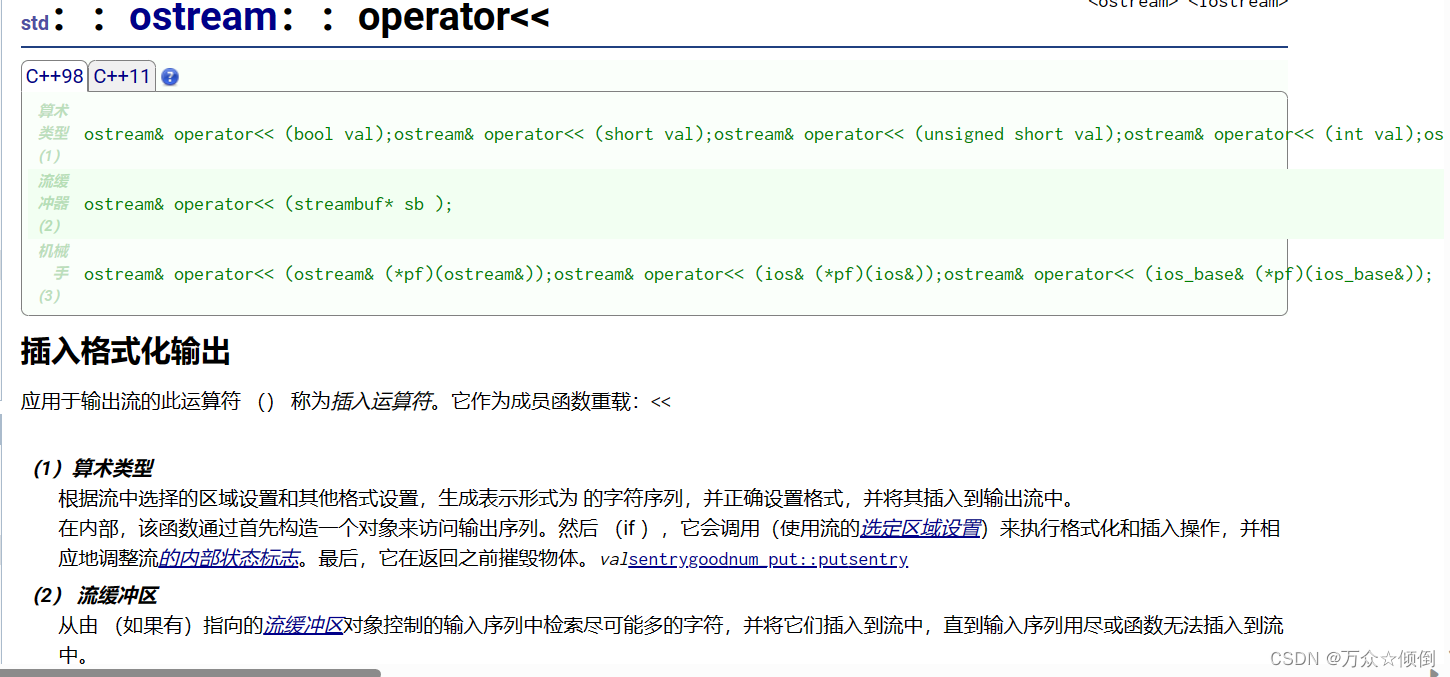
这里的ostream&opeator<<是一个插入格式化输出函数。
可以重载的运算符


